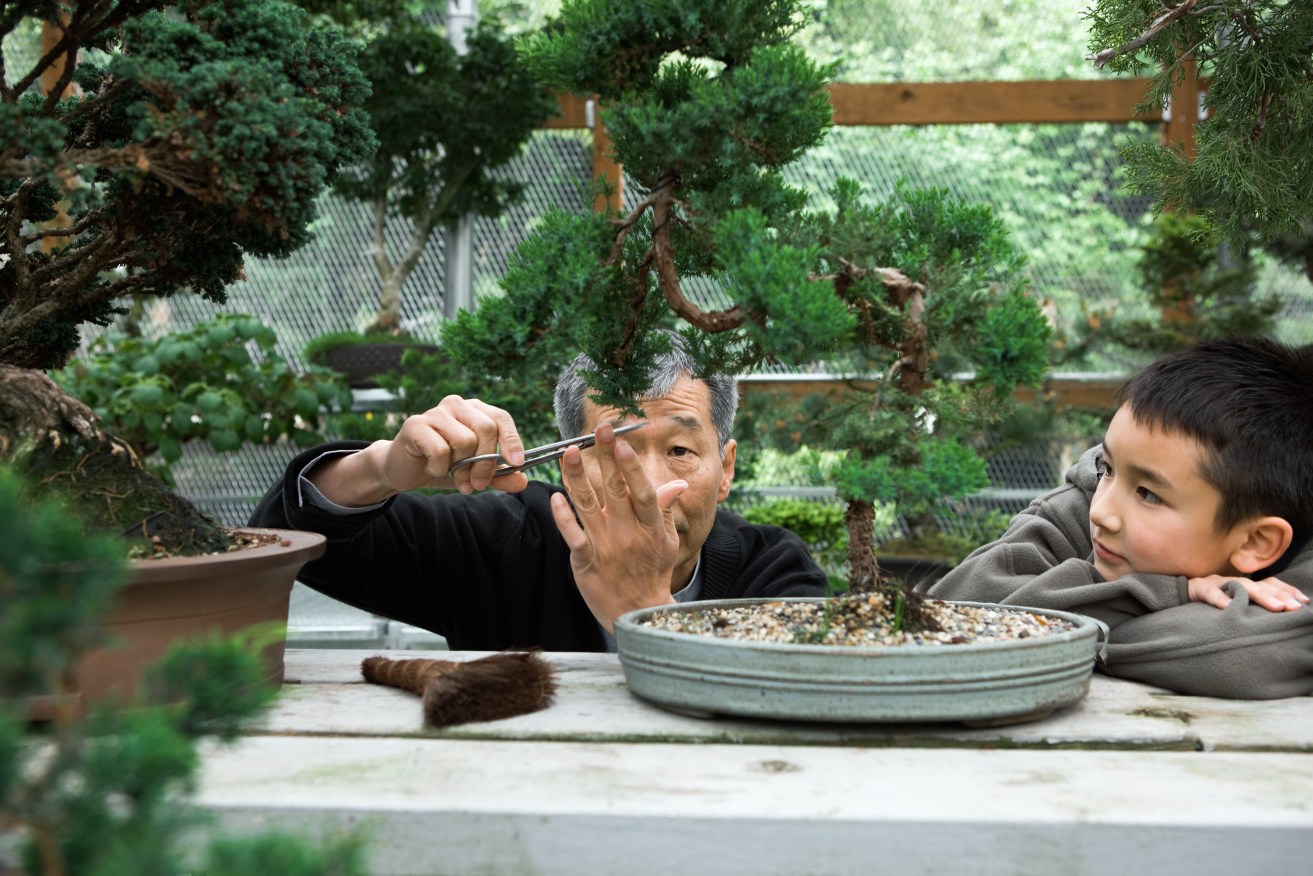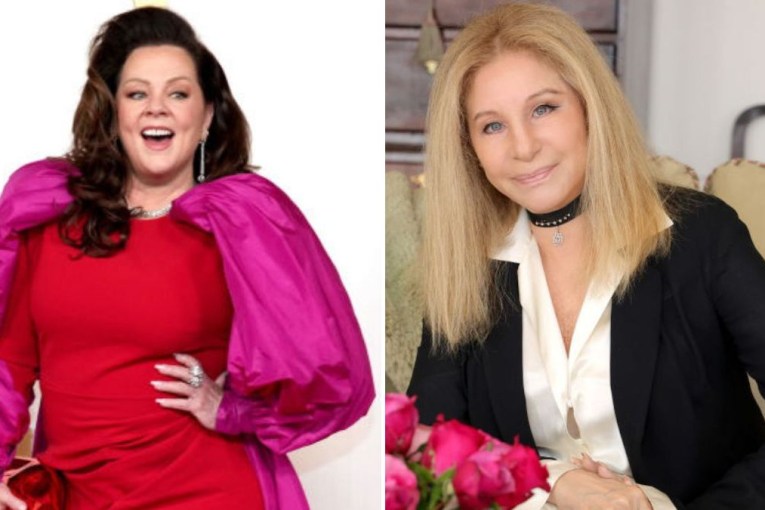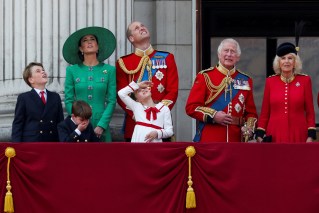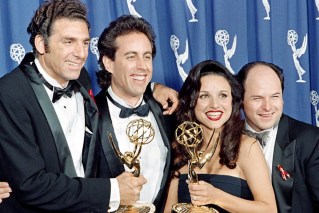‘Serious leisure’: How a hobby can lead to the meaning of life


Dr Mansourian found that bonsai artists could completely lose track of time, and of what's going on beyond their intense focus. Photo: Getty
When he was a child, Dr Yazdan Mansourian collected rocks, as a hobby. Then he collected stamps. Followed by books. Then, eventually, he started collecting ideas.
Ideas, in particular, stuck.
For six years, Mansourian – a senior lecturer in the School of Information and Communication Studies at Charles Sturt University – has been exploring the sociological concept of ‘serious leisure’.
This is where one becomes earnestly committed to, and profoundly engaged with, a hobby.
The payoff isn’t just a nice set of bowls from the pottery kiln, or a star turn in the local amateur musical.
By approaching a hobby to an extent that it becomes a vocation (as opposed to a job) you may find self-fulfilment and greater meaning in life. It’s also likely to be good for your health.
Mansourian practises what he preaches. His personal hobby horse runs through gardening and reading Persian poetry.
Is this important? Yes, it is
Think about the prevalence of climate anxiety. The torrent of reckless and opinionated nastiness and dissembling. The host of uncertainties.
Amid the widespread fear about where the world might be going, it’s easy for people to feel overwhelmed and wondering about the seeming pointlessness of life.
It can feel that way, right?
Researchers have been looking at this problem in real time.

Dr Yazdan Mansourian counts gardening and Persian poetry as his hobbies.
They have concluded that having a life purpose – essentially of your own making – might offset the complex malaise of being a human in the 21st century.
I’ve previously reported on this issue.
Over the past decade, “life’s purpose” has emerged as a modifiable lifestyle factor – like exercise, diet, smoking and drinking booze.
In other words, getting a purpose in life is something you can take up – as a preventative health measure – or abandon.
In 2019, Dr Alan Rozanski, a professor at the Icahn School of Medicine at Mount Sinai, who has studied the relationship between life purpose and physical health, told NPR: “Just like people have basic physical needs, like to sleep and eat and drink, they have basic psychological needs.”
He said the need for meaning and purpose was No.1.
A 2011 study found that having a life purpose is closely tied up with – and reliant on – establishing a stable identity.
Some health figures
A 2020 Harvard study involving 13,770 adults over the age of 50 found that those with a higher sense of purpose had:
- A 24 per cent lower likelihood of becoming physically inactive
- A 33 per cent lower likelihood of developing sleep problems
- A 22 per cent lower likelihood of developing an unhealthy body mass index.
Mansourian’s project
Ten years ago, Mansourian found a book by the Norwegian philosopher Lars Svendsen.
“It was about the nature of work,” he said.
“Even if some jobs may not be very exciting, they might be meaningful for the people doing them.
“When you look at people doing the same job, some get more meaning out of it than others.”

Gardening is a prime example of ‘serious leisure’. Photo: Getty
According to a Booktopia description of the book, Svendsen argues that we need to reorient “our feelings about work and collapse the differences between leisure and work”.
“Work is always with us. But to overcome the sense of being burnt out, we must think of work as not only productive but recreative – in other words, a lot more like leisure.”
He believes we need to “commit to work, rather than seeing it as a means to an end”.
Easy for a working philosopher to say
Except, according to a piece in The Guardian, Svendsen once “gave up a job as a sports reporter in order to go back to cleaning in a factory, because he found the latter more satisfying”.
This got Mansourian thinking “about leisure as a general term … when I came across the concept of serious leisure”.
In 2017 he began his research project, ‘Unlocking the secret of serious leisure: How it cultivates belongingness and boosts wellbeing’.
He has talked to bonsai artists about the state of flow.
This occurs when people pay no attention to distractions and time seems to pass without any notice.

Learning to dance, and taking it seriously, can bring self-fulfillment. Photo: Getty
“I asked the bonsai growers about their day,” Mansourian said.
“They just get up and start working on their trees, watering and pruning. They don’t notice the passage of time. The morning coffee gets cold. They are completely immersed in the activity.”
Mansourian plans to speak with beekeepers next. Then birdwatchers. He hopes to come up with a new theory of leisure. He doesn’t know what that looks like yet.
On his university profile page it says: “In this ongoing research program, he explores the role of joy and other positive emotions in engaging people with hobbies, amateurism and voluntary activities and how joyful experiences inspire them to seek, share and use information.”
Expect something upbeat.
But really?
Something to keep in mind, especially if this feels a little too much inky-binky:
A 2019 study drew plenty of media attention when it found that people without a strong life purpose were more than twice as likely to die early, compared with those who had one.
The findings held regardless of participants being rich or poor, or their gender, race or education level.








